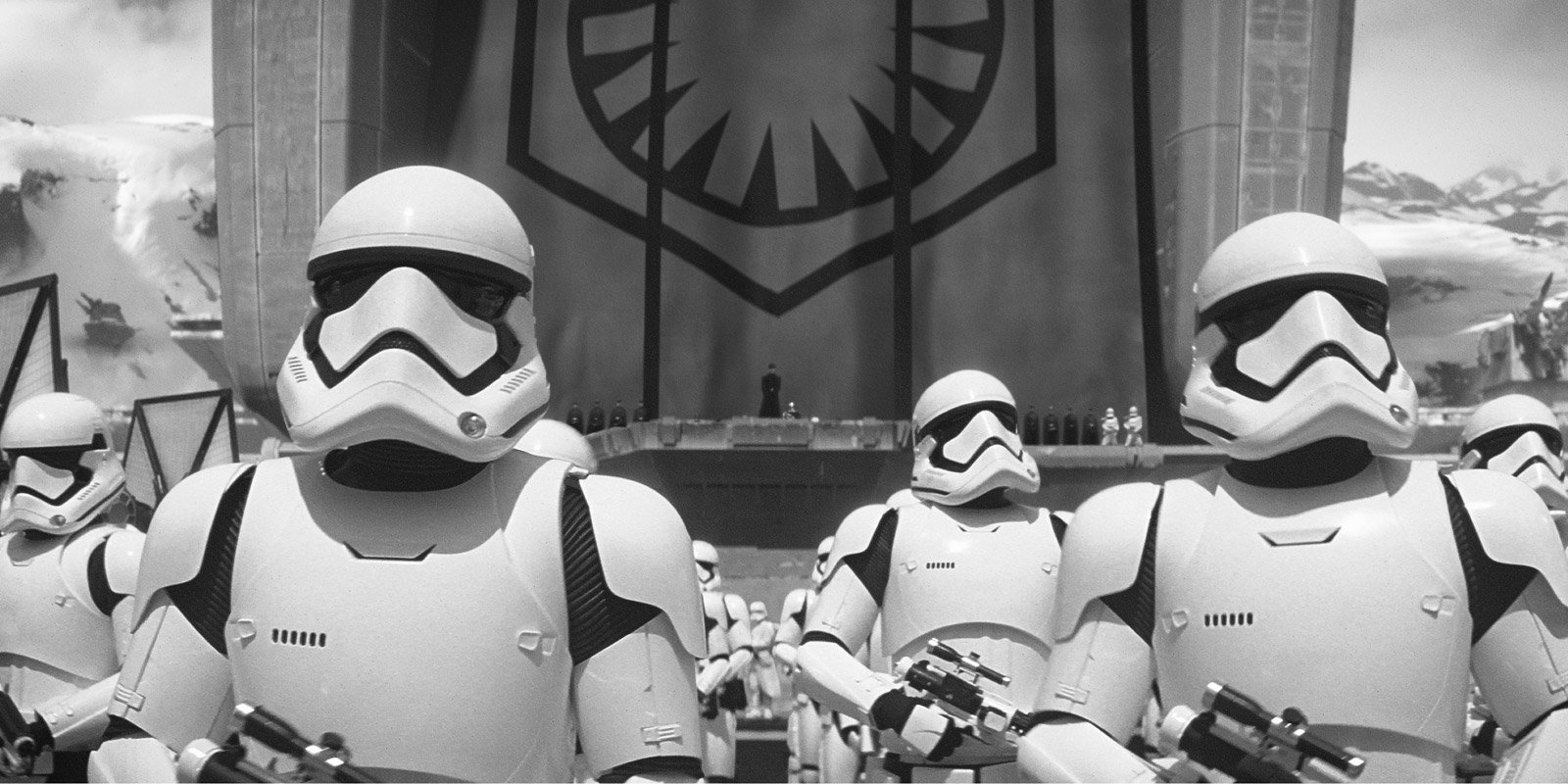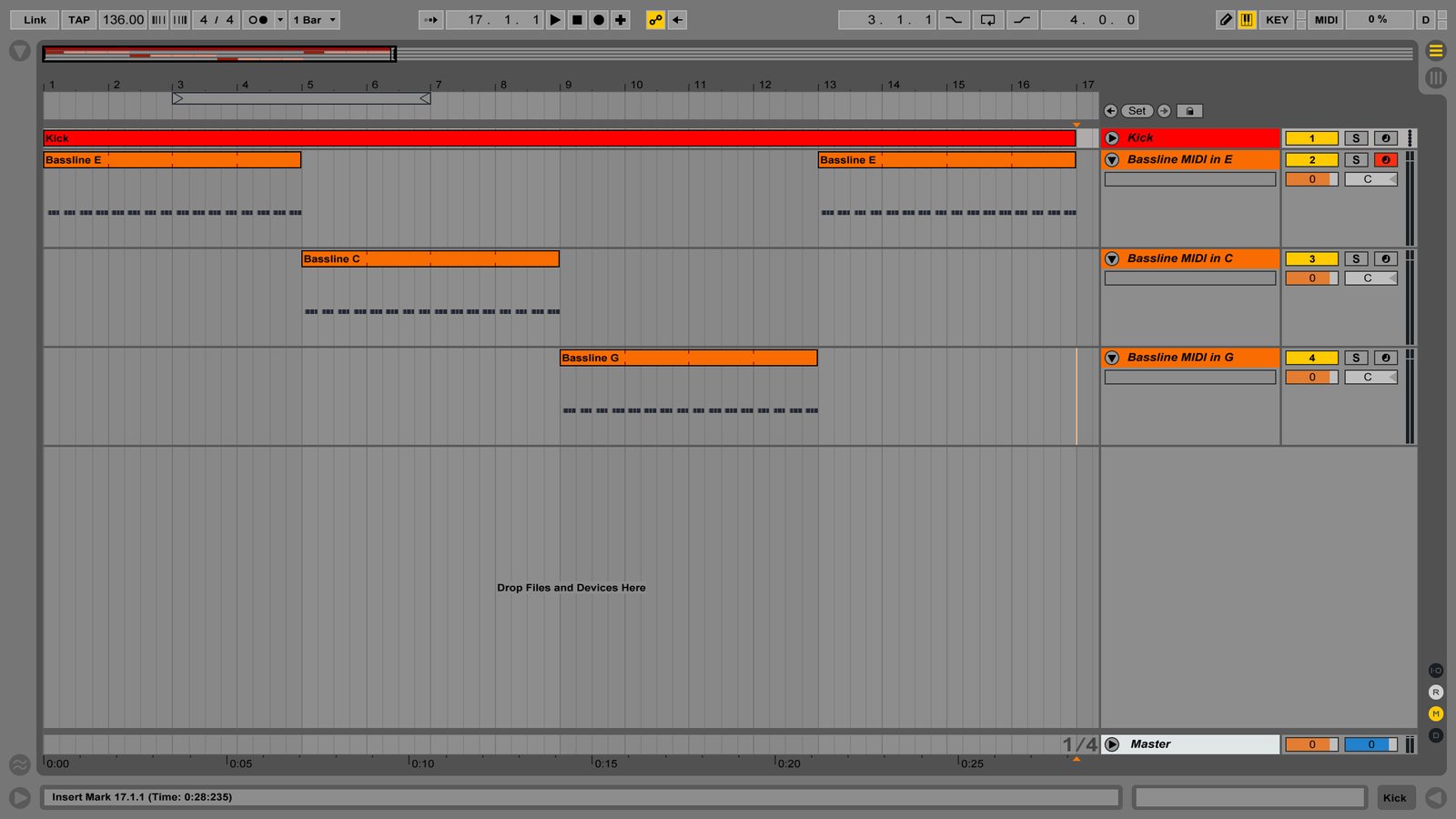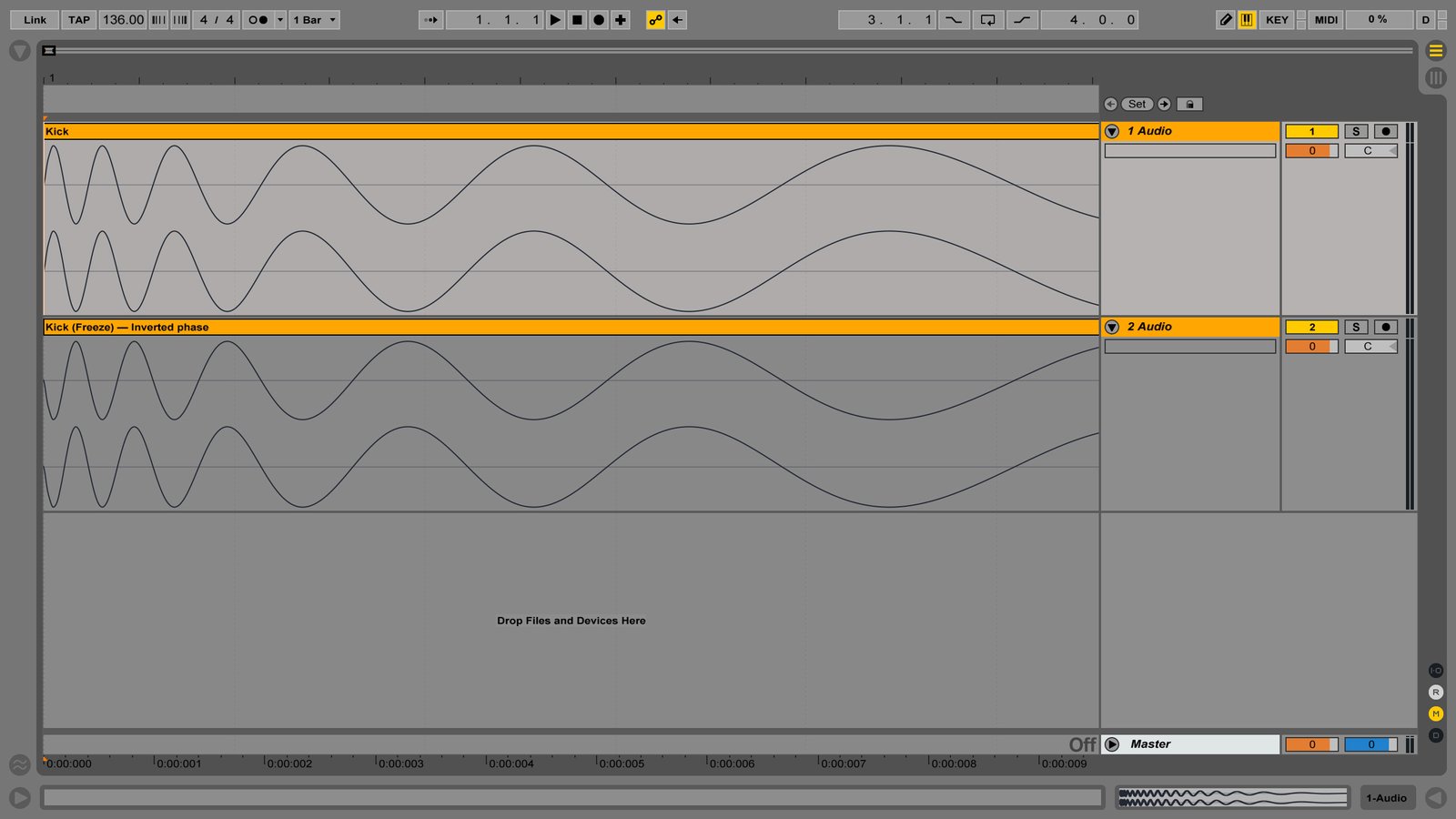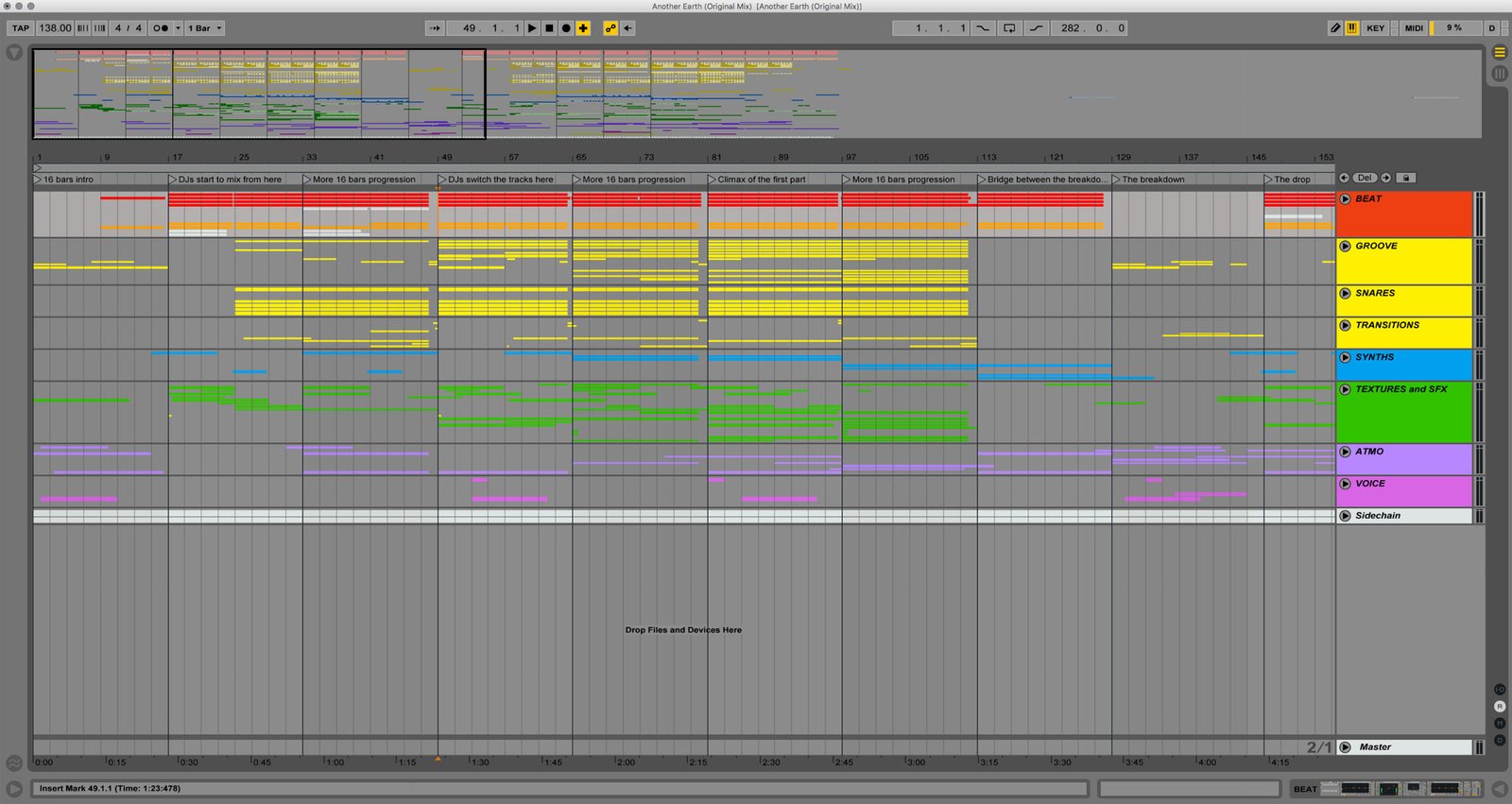Learning music production for authentic results
Some thoughts on how to learn using a reference track but not ending up like a someone’s clone

Hey Daniel, a lot of forums, tutorials and courses out there recommend learning by using reference tracks, deconstructing arrangements and rebuilding sounds/presets.
This sounds fine in principle, but in practice, I can’t help wondering if this has also created a lot of similar sounding music on Beatport, across all genres.
It may take longer and be more challenging to not use any form of reference but do you think that ultimately, it will lead the producer (over months and years) to more authentic results?
If not, how do you recommend reference tracks/sounds/arrangements are used to enhance learning but not limit creativity?
Doron
That’s a great question, Doron. I’m in a camp with those who suggest learning and training your ears using a reference track indeed, and I do agree that stores are flooded with similar music with a lack of originality. But I don’t think that using a reference whilst learning is what caused this.
Train your ears using a reference track
You see, there is a difference between analyzing and trying to recreate certain sounds for educational purposes and deliberately copying someone’s else music. When you just start out, you seek answers for the questions that puzzle you: how is this bassline made? Is that a saw or a square wave? Does my lead sit well in the mix? And learning other producers’ music is a great way to answer them. Those who want to blindly copy others’ music will find a way, anyway.
When I started this blog, people often asked me something like “are you not afraid sharing your trade secrets so the others will steal your tricks?”, and I always said, “no, I don’t”.
For example, I shared the way I made the robotic texture and atmospheric effects used in my tracks. There is nothing really fancy about it, it’s all basic stuff for anyone with a decent experience, but for beginners, it might be a breakthrough. “Hm, so he made the texture using a simple noise oscillator and a filter... what if I’ll change it to a saw wave instead? And do this instead of that?” — that type of thinking I would advise you to have when you read a tutorial or when you use a reference track. Think of a general concept, a method that can be implemented in so many ways rather than using any given tutorial or reference as it is. This is how the learning curve goes.
I would also like to talk about two more things: the format and the content.
Let’s take newspapers as an example. Typically, there are some current events printed on low-grade paper, probably with some logo on the top and a big bold heading. You know it’s a newspaper just by looking at it. But I don’t think anyone accuses “The Guardian” of ripping off “The Time” or vice versa, or any other newspaper cloning each other. That’s because a newspaper is just a format of the production.
Now speaking about music, all those kicks, basses, mixdowns, etc. are just a format of some particular genre. Let’s say, you know it’s a Psytrance when you hear a certain tempo and beat patterns. But you shouldn’t solely focus on that alone, and I think this is where many producers fall off.
Beginners forget that the content is what people listen to music for, the same reason why they read the newspapers. And when I say content in terms of music, I’m don’t mean a fancy kick drum but rather a feeling, emotions that this track awakes in you; something that will make you want it to listen again and again. How to create interesting music content is another huge topic, and it’s a talk for another time.
Fellow producers out there, I’m keen to know what do you guys think about it? The comments box below is open for you.



Hi guys! It is quite impressive to see this type of question answered in this manner, indeed reference tracks are of great help and trying to mimic others sound can be very pedagogical. Probably the learning curve will tend to flow naturally from a standardized music towards a more signature type of sound, a unique style. Eventually everybody will have to start from somewhere else, why reinvent the wheel? Instead, learning with the pros gives us the tools and knowledge to push forward and evolve.
Thank you for this opportunity to share.
Best regards,
O.
Thanks very much for this Daniel, your explanation and newspaper analogy makes a lot of sense and I do now understand why reference tracks are a good idea. Out of interest then, why do you think that beatport is flooded with similar music and a lack of originality? I want to make sure I avoid this issue myself!
Well, just browse Beatport latest release to hear it yourself. Don’t get me wrong, there are many great artists and labels out there, and overall the production quality is better than ever. However, with music production becoming more and more affordable and accessible for anyone with just a laptop, the amount of low-quality, amateur, and poorly-produced tracks with no original ideas behind it become a tremendous.
Great post! I think there is this belief that electronic music is “easier” because a machine does all the heavy lifting. (Even if I completely bugger up this piano part I can go and fix the midi notes.) Traditional musicians have to learn their instruments and become fluid in their performance before they can really find “their voice”.
I think the same could be said about electronic music. You have to learn “your instrument” and then develop “your voice” and a great way to do that is through reference tracks and recreating other’s work to see how it all fits. In addition, you have to learn the conventions of whatever genre you’re working in. Some genres have a higher tolerance of “breaking the rules” than others. At the end of the day you want your track to be able to be mixed in with others in a set and not suffer in terms of production and artistry.
Yes, there is alot of “same sounding-ish” tracks but you have to be to discern the difference between convention and imitation. Learn the rules and then break the rules in a way that will grab peoples attention but still suits the vibe of your audience. Ask any guitar player or drummer how much time they spent listening to the records that inspired them to pick up their instrument when they started out.
Just wanted to say it’s very kind and beneficial of you to share all your experience and technical know-how, wish you the best in all your future ventures brother
Finally, I think having a broad musical taste and some knowledge on formal musical composition goes a long way for developing your style and sharing your art